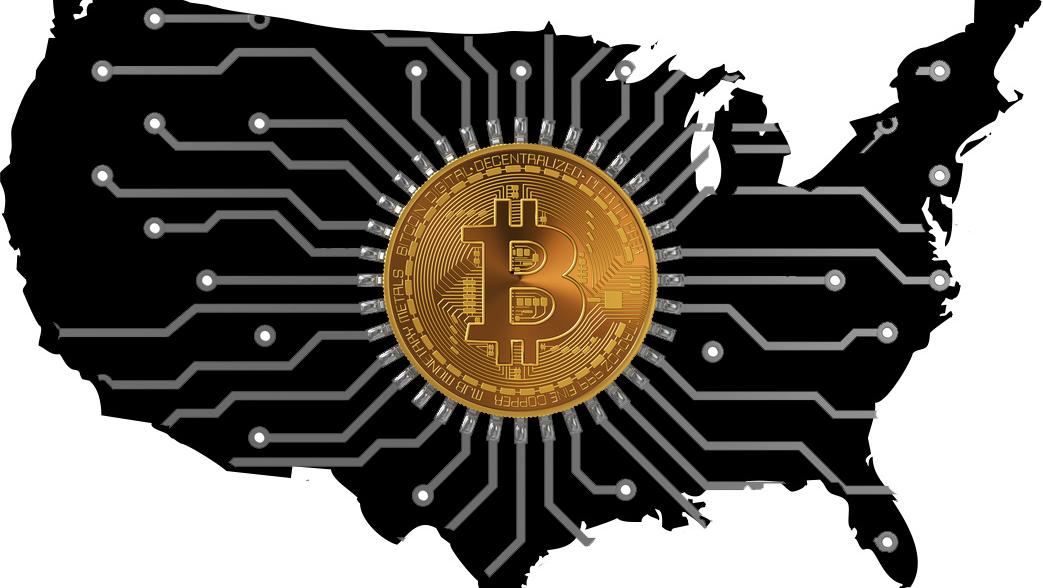PALO ALTO, Calif. (Reuters) - The Federal Reserve is taking a look at a broad series of concerns around digital payments and currencies, including policy, style and legal considerations around potentially releasing its own digital currency, Guv Lael Brainard said on Wednesday. Brainard's remarks recommend more openness to the possibility of a Fed-issued digital coin than in the past." By transforming payments, digitalization has the possible to provide higher value and benefit at lower expense," Brainard stated at a conference on payments at the Stanford Look at more info Graduate School of Company.
Central banks globally are debating how to manage digital financing technology and the distributed journal systems used by bitcoin, which assures near-instantaneous Find more information payment at potentially low cost. The Fed is developing its own day-and-night real-time payments and settlement service and is currently examining 200 comment letters sent late last year about the proposed service's design and scope, Brainard stated.
Less than 2 years ago Check out here Brainard told a conference in San Francisco that there is "no compelling demonstrated requirement" for such a coin. But Visit this link that was before the scope of Facebook's digital currency ambitions were extensively understood. Fed officials, consisting of Brainard, have raised issues about customer securities and data and privacy threats that might be presented by a currency that might enter into use by the third of the world's population that have Facebook accounts.
" We are collaborating with other central banks as we advance our understanding of reserve bank digital currencies," she said. With more nations looking into issuing their own digital currencies, Brainard stated, that contributes to "a set of reasons to also be making sure that we are that frontier of both research study and policy development." In the United States, Brainard said, problems that need research study consist of whether a digital currency would make the payments system more secure or easier, and whether it might position financial stability dangers, including the possibility of bank runs if money can be turned "with a single swipe" into the reserve bank's digital currency.

To counter the financial damage from America's extraordinary nationwide lockdown, the Federal Reserve has actually taken extraordinary actions, consisting of flooding the economy with dollars and investing directly in the economy. The majority of these moves got grudging acceptance even from lots of Fed doubters, as they saw this stimulus as required and something just the Fed could do.
My brand-new CEI report, "Government-Run Payment Systems Are Hazardous at Any Speed: The Case Against Fedcoin and FedNow," details the risks of the Fed's present plans for its FedNow real-time payment system, and proposals for central bank-issued cryptocurrency that have been dubbed Fedcoin or the "digital dollar." In my report, I talk about issues about personal privacy, data security, currency manipulation, and crowding out private-sector competitors and development.
Proponents of FedNow and Fedcoin state the government must develop a system for payments to deposit quickly, rather than encourage such systems in the economic sector by lifting regulative barriers. However as kept in mind in the paper, the economic sector is offering a seemingly endless supply of payment technologies and digital currencies to resolve the problemto the degree it is a problemof the time space between when a payment is sent out and when it is received in a savings account.
And the examples of private-sector innovation in this area are many. The Cleaning Home, a bank-held cooperative that has been routing interbank payments in numerous types for more than 150 years, has been clearing real-time payments because 2017. By the end of 2018 it was covering 50 percent of the deposit base in the U.S.